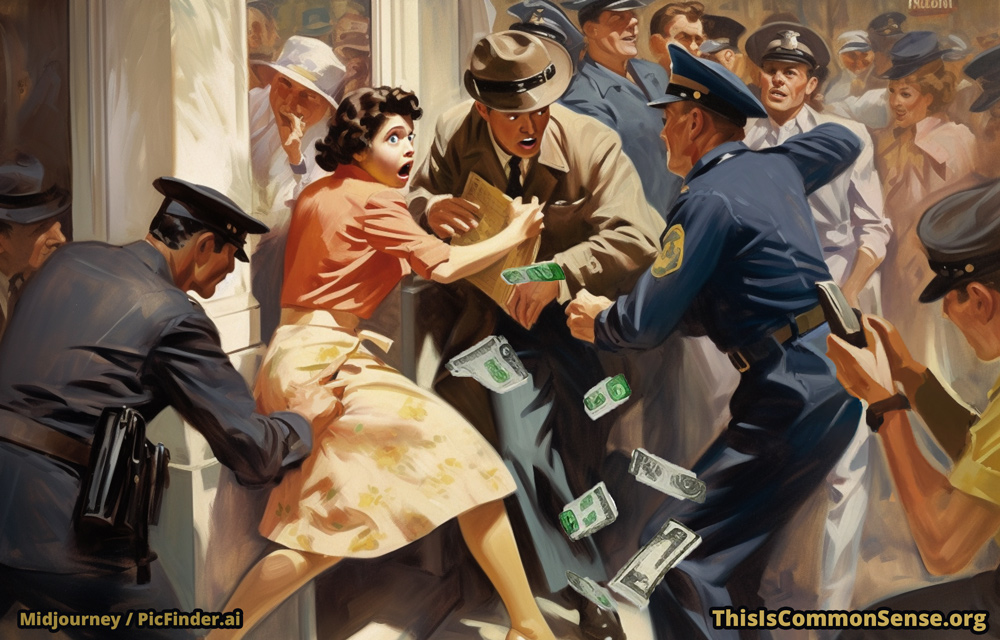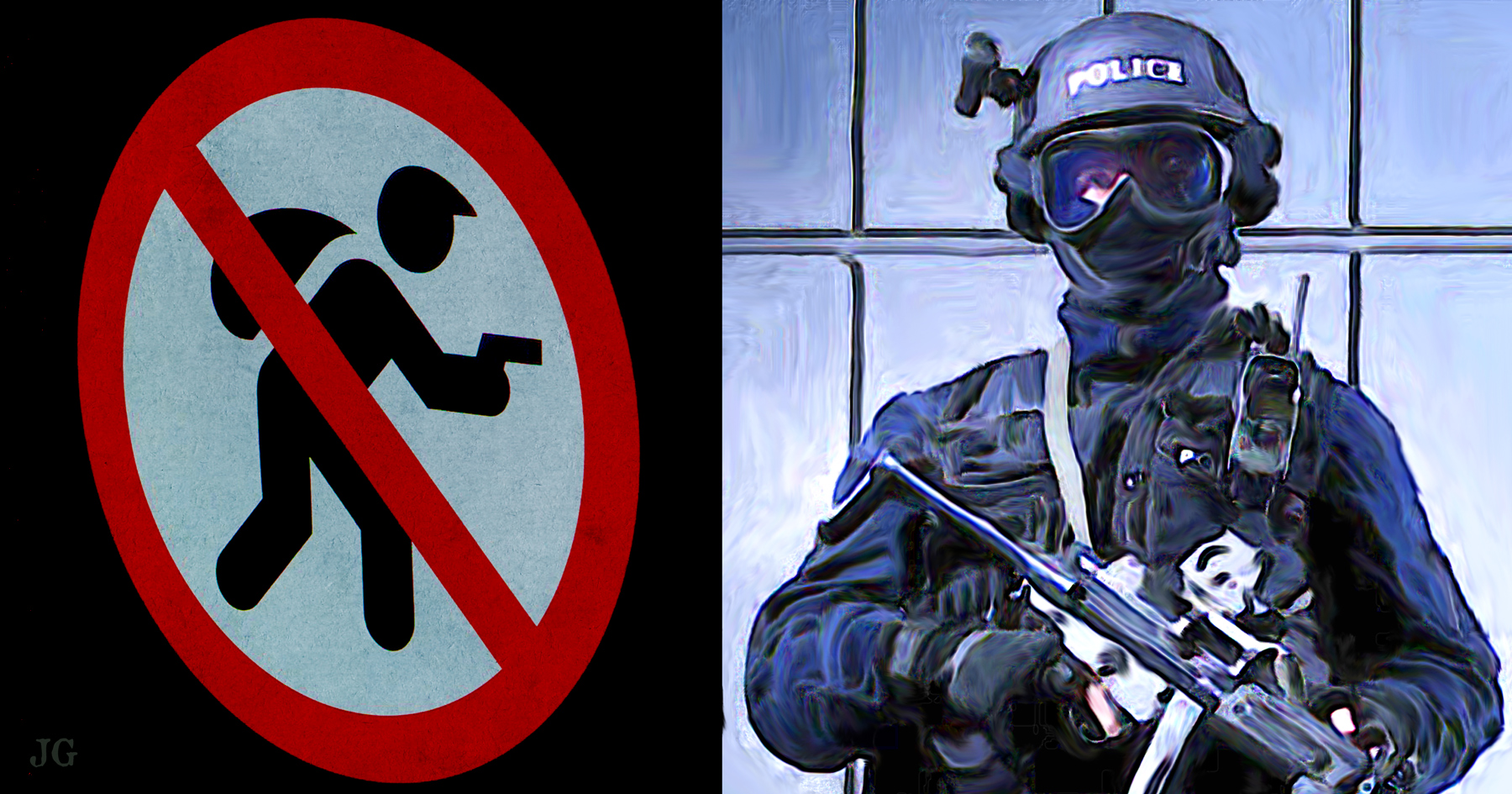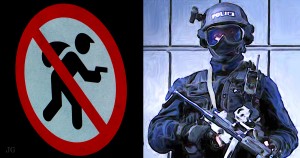In July, a King Soopers employee, Santino Burrola, was fired for filming shoplifters.
He even managed to get their license plate number; to do so, he had to peel off an aluminum-foil cover on the plate as the thieves began driving away.
Burrola helped police quickly capture one of the suspects. But Kroger, the parent company, fired him anyway. See, Burrola had violated the sacred kick-me-again Kroger policy that employees must never interfere with thefts in progress.
The policy is like waving a flashing neon red ROB US MORE sign and, unfortunately, is common.
Fortunately, though, it’s not a policy that Michael Sullivan, operations manager of Roger’s Gardens in Orange County, California, had to worry about as he tried to figure out how to stop a months-long series of thefts of expensive shrubbery and other items from the Gardens.
Security cameras weren’t helping. They recorded the thief but were unable to capture his license plate, which could be used to track him down. He kept coming back to steal more.
Finally, Sullivan hit on the idea of hiding AirTags on things that the thief might grab. The stratagem paid off. Sullivan discovered the location of the evildoer and relayed the info to police.
They found a yard clogged with $8,000 in goods stolen from Roger’s Gardens.
The stolen goods have been returned to the Gardens; the thief has been arrested.
Hard? No. Wrong? No.
Thwarting thievery fends off barbarism. Doing it at low personal risk is good business.
This is Common Sense. I’m Paul Jacob.
Illustration created with PicFinder and Firefly
—
See all recent commentary
(simplified and organized)







